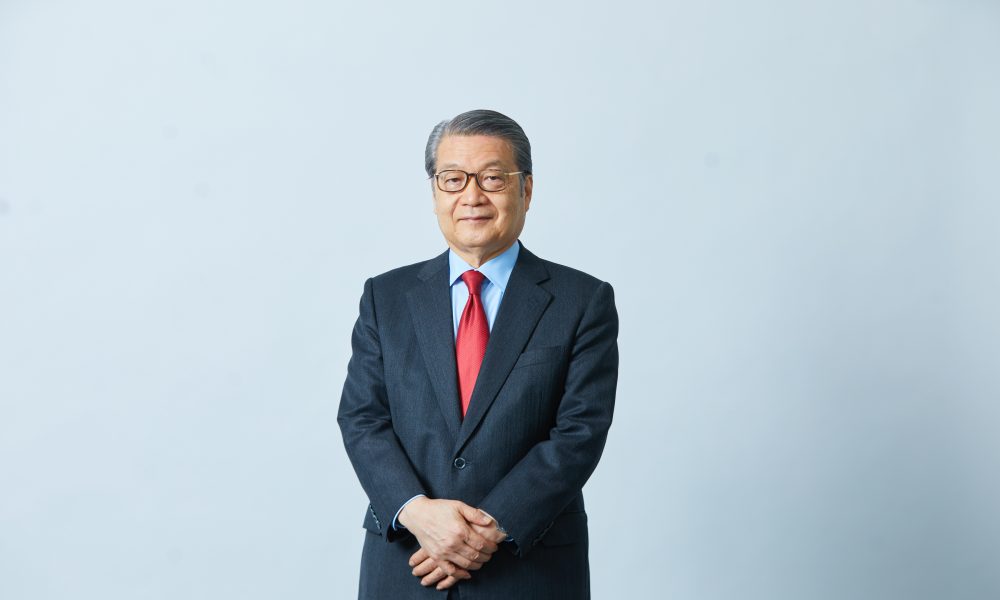
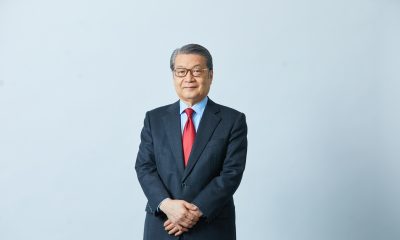

Famed lawyer-novelist Shin Ushijima discusses the current quiet period and coming storm, and his concerns about protecting Japan and individual independence.
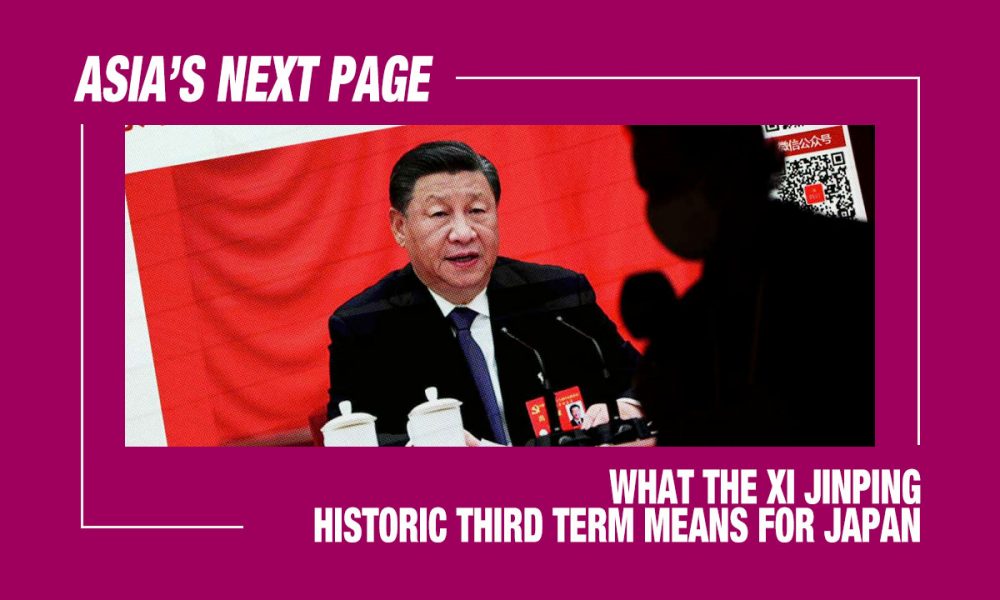
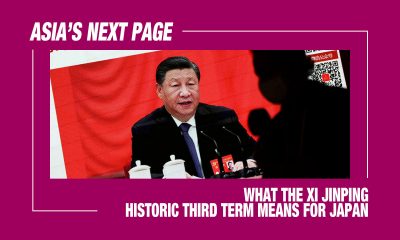

The Xi Jinping dictatorship has become absolute. What does that mean to Japan, and how will it affect Tokyo's economic and security policy choices?
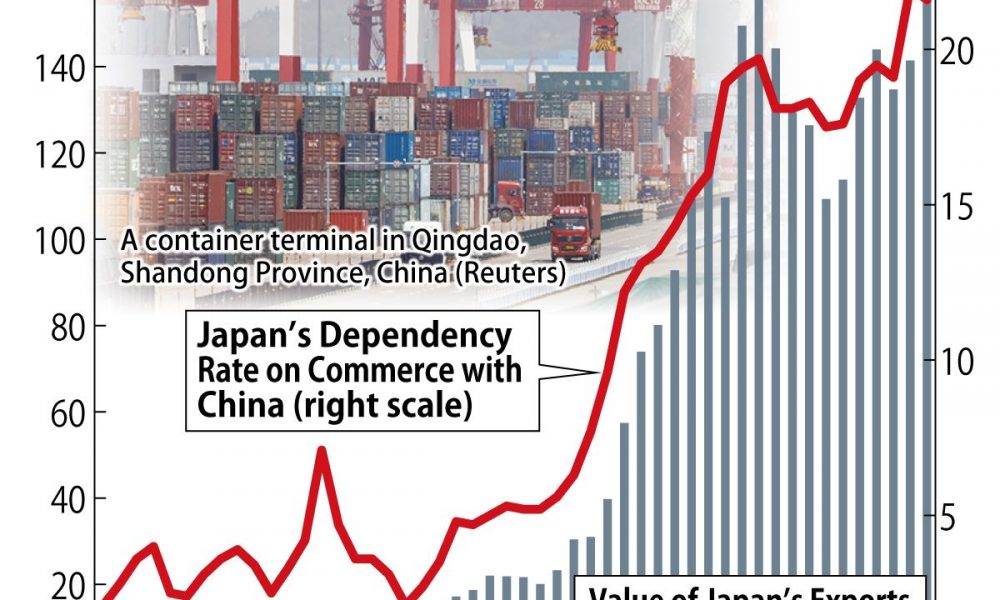
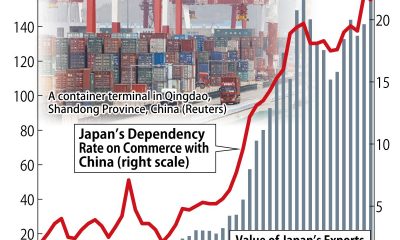

As China wields its economic power to recast the global order, Japanese technology may prove an effective deterrent against the regime's intimidation tactics.
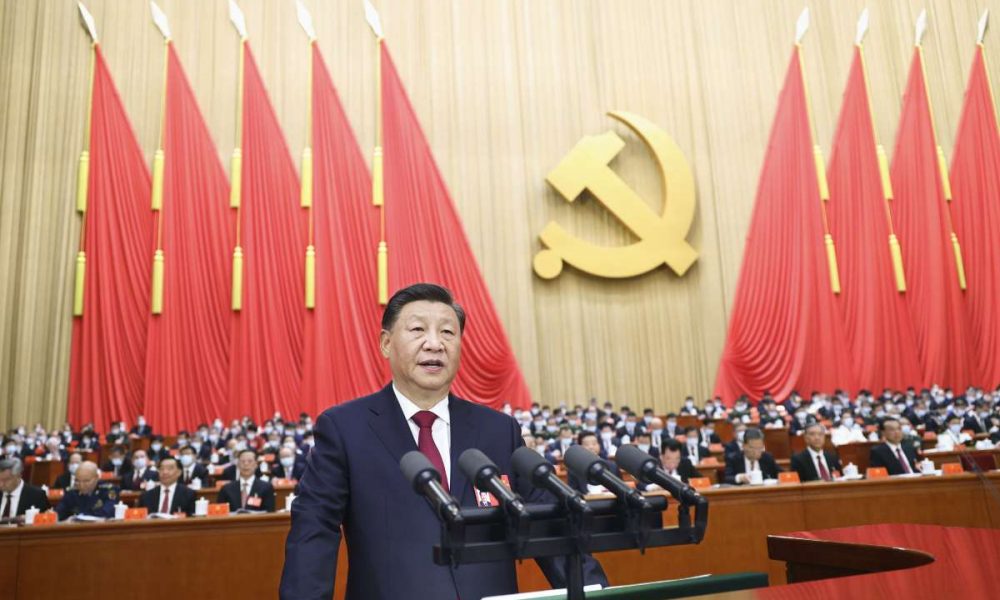
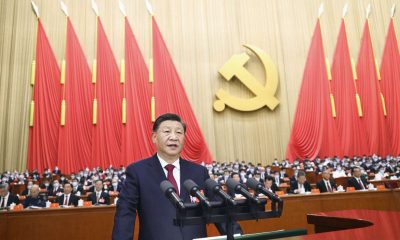

Winning an unprecedented third term at the 20th Chinese Communist Party congress will give Xi Jinping the freedom to change the status quo by force.
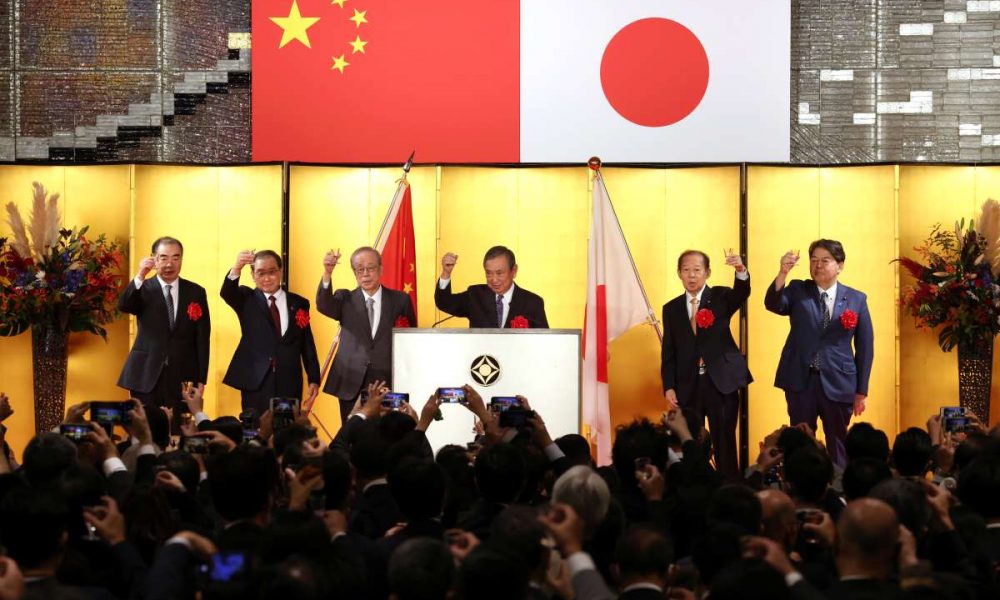
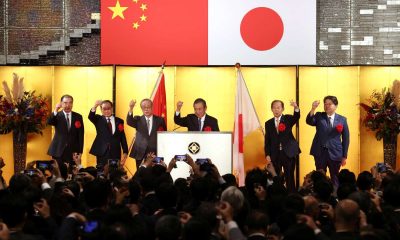

Tokyo hopes that, through direct talks with Beijing, it can encourage restraint on the Taiwan situation and China's provocative behavior around the Senkakus.
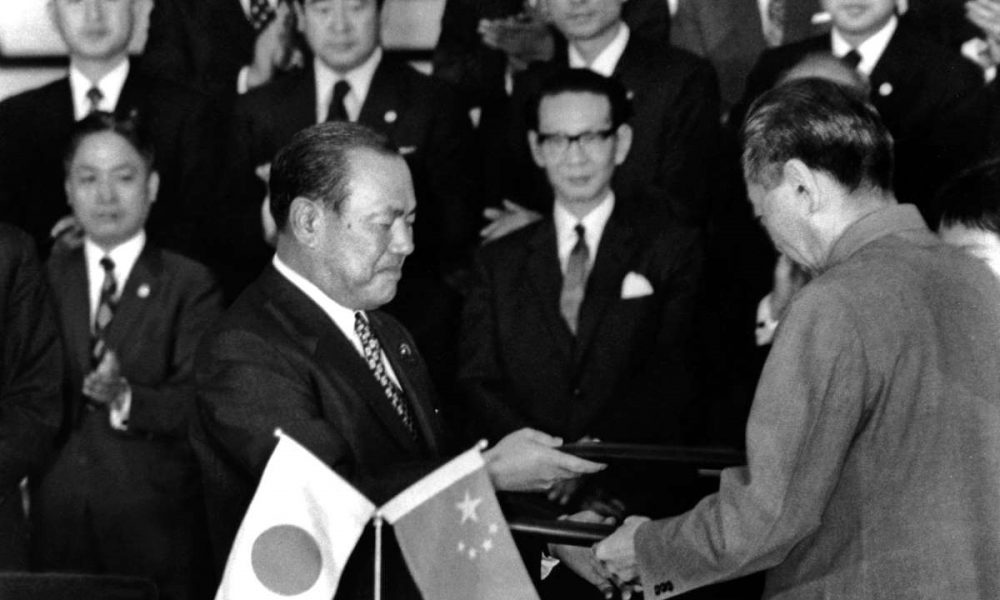
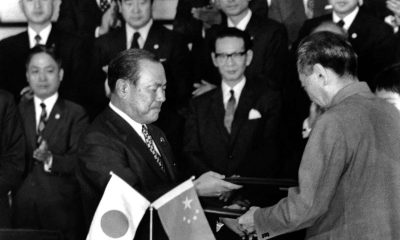

Amicable relations with a stable Beijing has proved a fantasy. In fact, Tokyo needs to conduct a wholesale reframing of our relations with that country.
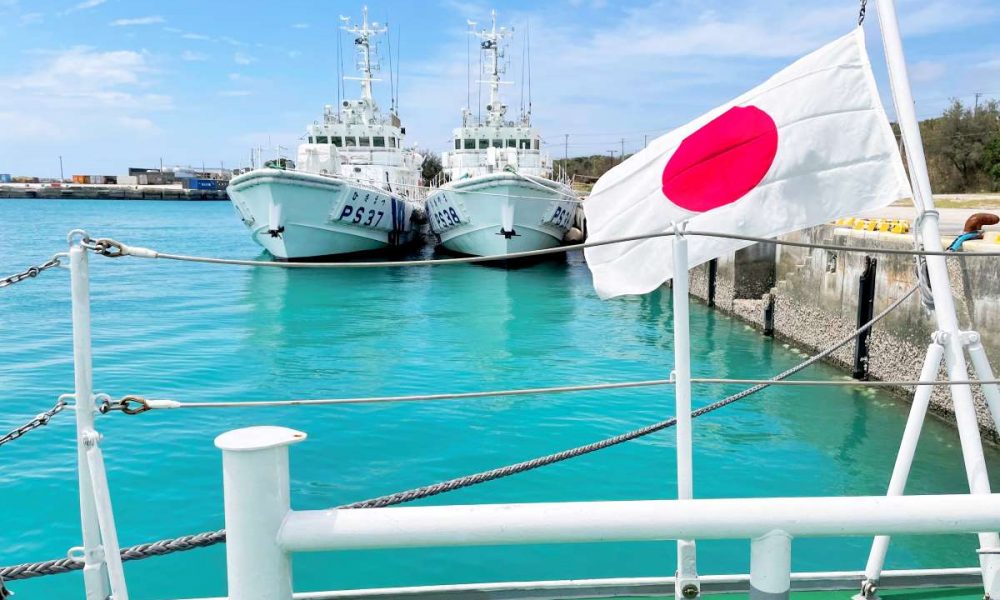
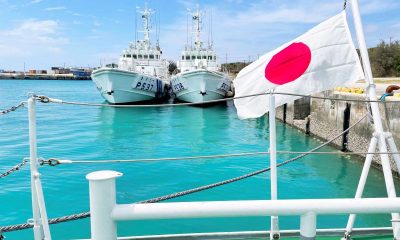

The Chinese government claims that the Senkaku Islands — very much part of Japanese territory in Okinawa — are attached to Taiwan.
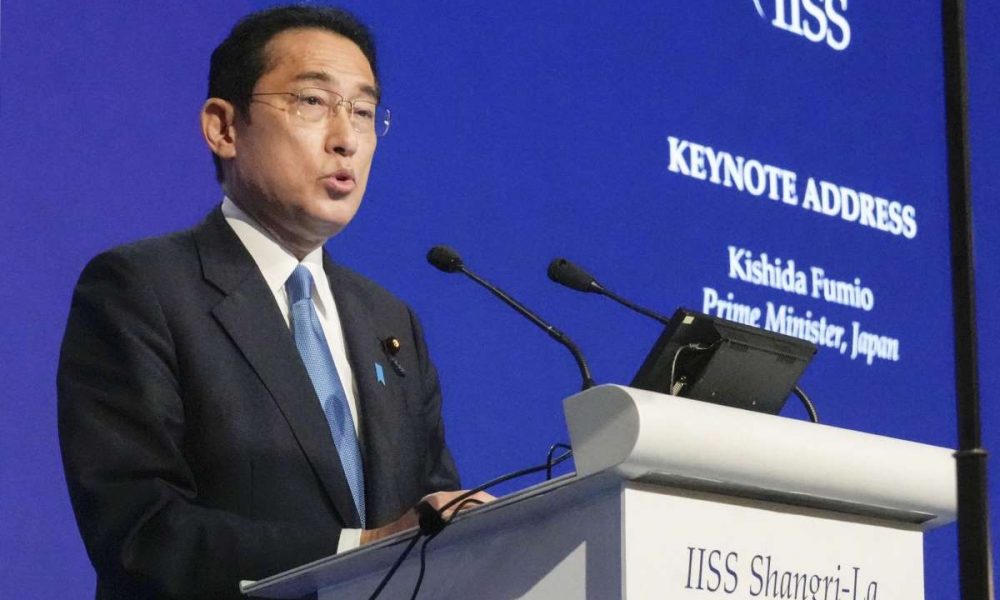
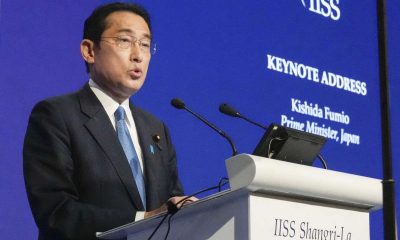

Still missing in action is a well-considered plan based on a proper threat assessment, that lays out what Japan needs, and needs to do to defend...
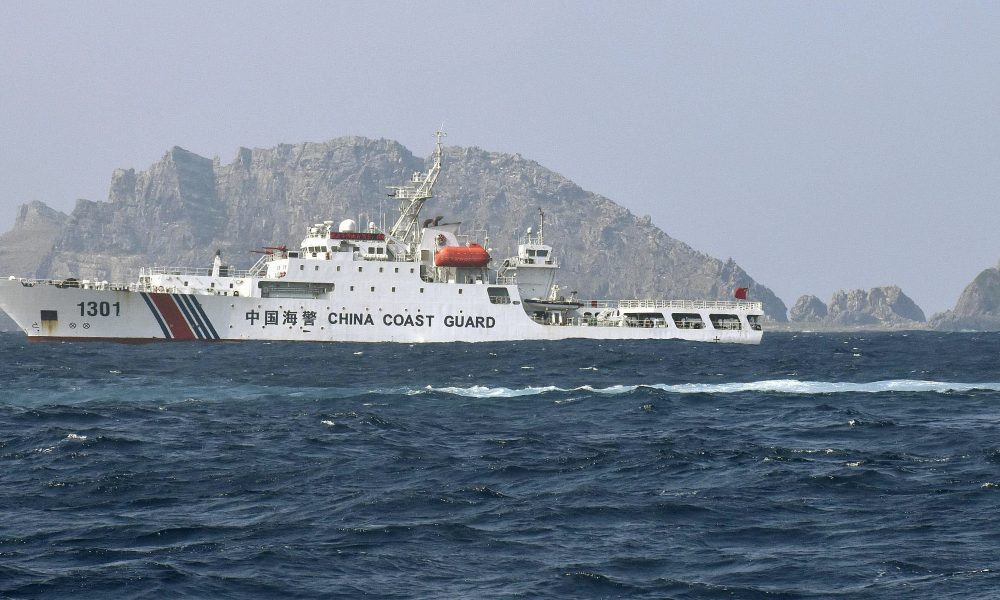
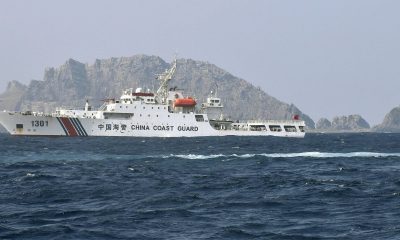

Beijing’s immense economic stakes in extracting hydrocarbon resources from the East China Sea are directly linked to its self-professed territorial claims.
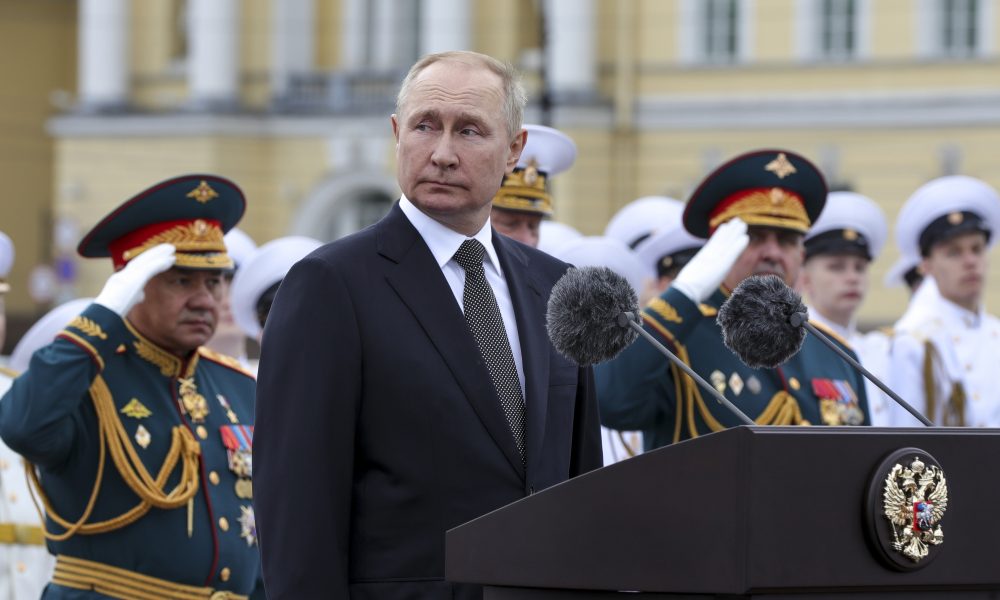


Russia’s “great maritime power” ambition — illegally occupying the Northern Territories and invading Ukraine — is intended to provoke Japan, the US, and Europe.
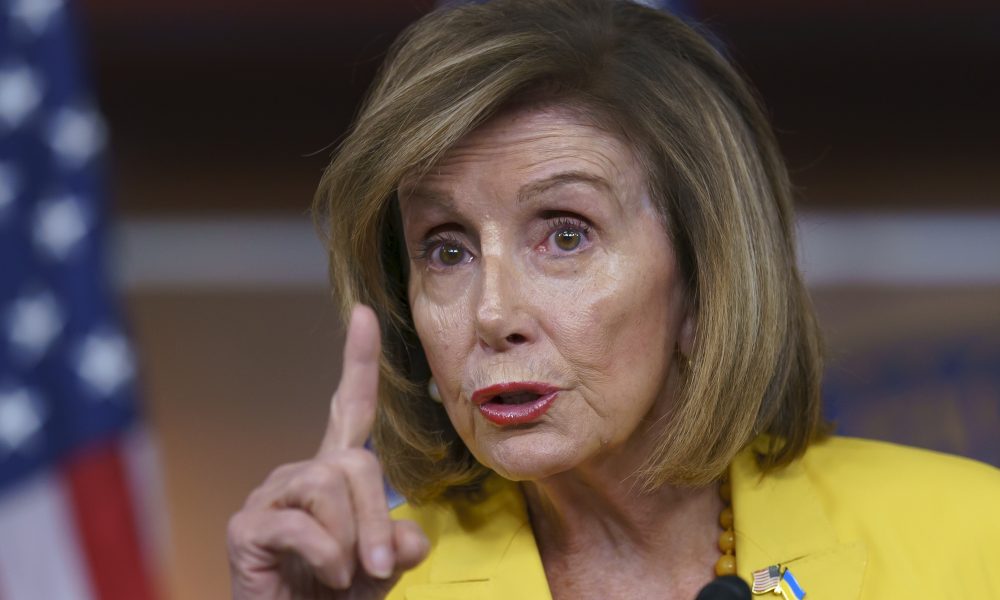


Traditionally wary of China, the role of Russia ー a close military partner of India but at the same time, increasingly close to China ー remains...
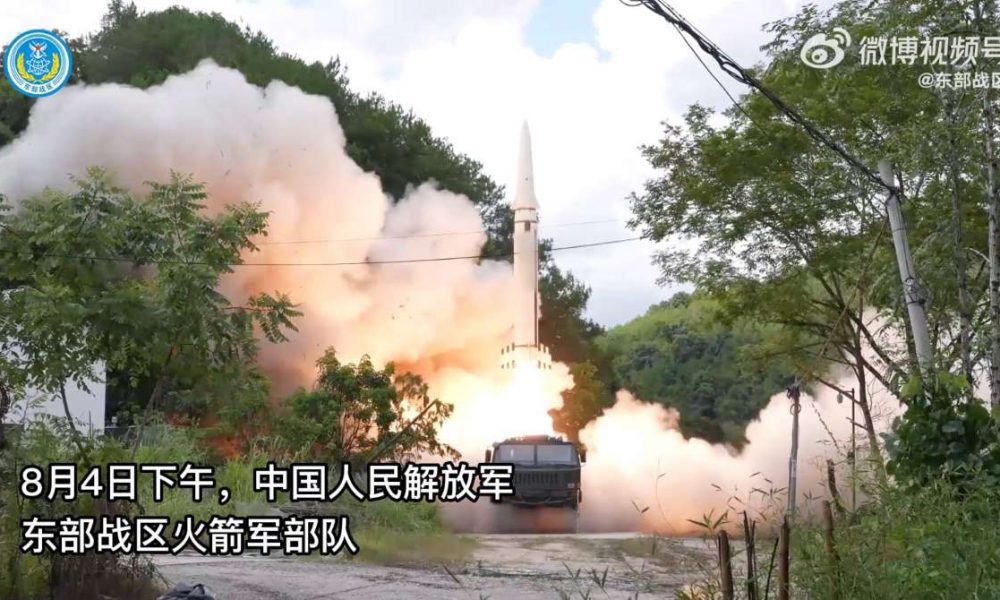
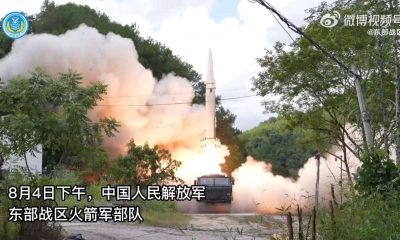

The war games simulation in Tokyo used scenarios “so timely as to be frightening,” and well within the range of possibilities.